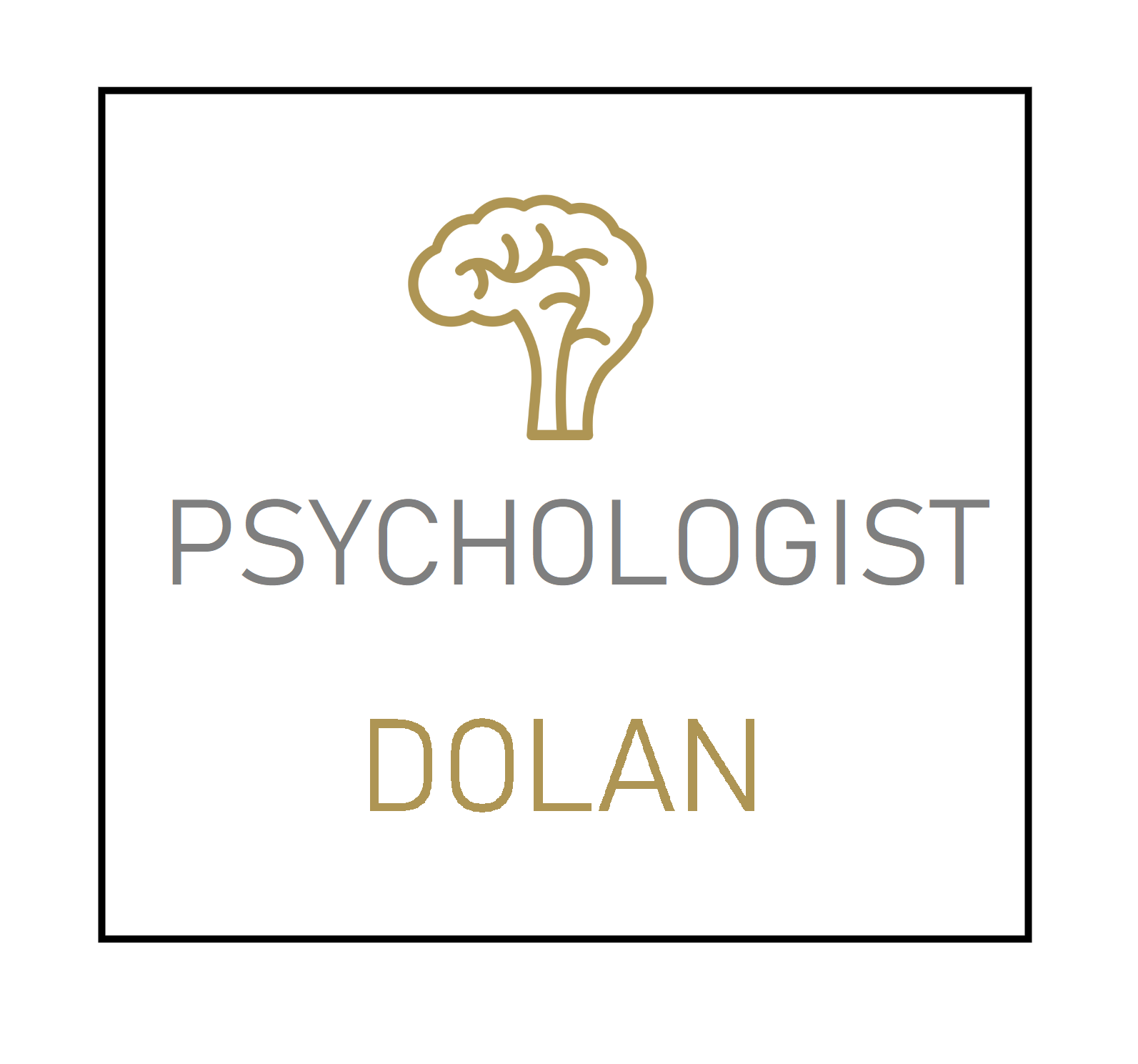Whether you are facing challenges, exploring self-improvement, or seeking support for specific concerns, therapy offers valuable insights and tools. It is a proactive and empowering choice on the path to a healthier and more fulfilling future. Deciding if therapy is the right choice for you, however, can be a daunting prospect. This article is a practical guide to help you identify signs that the process may benefit you.
Why Therapy?
Therapy provides a structured and confidential space to navigate life’s challenges. Its power lies in the opportunity for you to gain self-awareness, develop coping strategies, and stimulate healthier perspectives. A skilled therapist acts as a guide, helping you explore and understand your emotions, behaviours, and relationships.
Through evidence-based approaches, therapy can equip you with practical tools to manage stress, anxiety, and other mental health concerns. It is a collaborative process that can empower you to make positive changes and enhance your overall well-being by cultivating long-term emotional resilience and personal growth.
Breaking Down Barriers: Overcoming Stigma and Seeking Help
It is important to address common misconceptions that may act as barriers to seeking professional support. Therapy is not reserved solely for severe mental health conditions; it is a resource for anyone handling the ups and downs of life. Everyone encounters difficulties, and reaching out for help is a commendable choice. Just as we prioritise physical health check-ups, taking steps to maintain mental health should be viewed with the same level of importance.
Normalising conversations about therapy not only reduces stigma but also fosters a culture where everyone feels empowered to prioritise their mental well-being. Recognising that seeking help is a sign of strength, not weakness, is essential for breaking down barriers and promoting a more supportive attitude towards mental health.
Embracing therapy also means investing in becoming a better version of yourself, ultimately benefiting both you and your environment. This positive shift contributes to creating a more inclusive and open-minded approach to mental health for everyone involved.
Recognising Emotional Distress: Signs and Symptoms
Mental health doesn’t exist in isolation but significantly influences our physical well-being. Stress, anxiety, and other mental health issues can manifest physically, impacting various systems in the body. Therapy will help you navigate the challenges of short- and long-term emotional distress. If you are unsure about whether you are undergoing emotional distress, pay attention to the signs and symptoms your body offers. The physical symptoms we experience are indicators of our internal health and if we take the time to listen, we can better learn our needs.
Look out for these signals that your body is emotionally under strain:
- Changes in Mood: Noticeable shifts in mood, such as persistent sadness, irritability, or frequent mood swings.
- Sleep Disturbances: Difficulty falling asleep, staying asleep, or experiencing significant changes in sleep patterns.
- Appetite Changes: Unexplained changes in appetite, leading to weight loss or gain.
Persistent stress and anxiety may present the following symptoms:
- Physical Symptoms: Headaches, muscle tension, or digestive issues that may be linked to chronic stress.
- Cognitive Impact: Difficulty concentrating, racing thoughts, or excessive worry that interferes with daily functioning.
- Behavioural Changes: Avoidance of certain activities, increased use of substances, or changes in social interactions as coping mechanisms.
Seeking therapy when physical manifestations align with emotional struggles allows for a holistic approach to well-being. Therapists can assist in unravelling the complex interplay between the mind and body, offering strategies to address both the mental and physical aspects of health to help you grow into a more balanced and resilient self.
Assessing Your Coping Mechanisms: When DIY Solutions Aren’t Enough
Understanding and evaluating how you handle stress is crucial for mental health. You may have healthy coping strategies like getting in a good amount of exercise, practising mindfulness, and seeking support from others. However, high-pressure times may lead you to lean on unhealthy coping habits that offer temporary relief but may cause long-term problems. Unhealthy approaches, such as relying on substances or avoiding issues, can hinder personal growth and are worth exploring in therapy.
Even if you have a set of healthy coping tools, there are times when the DIY approach falls short. Acknowledging the limits of self-help methods is important – while they may ease immediate symptoms, they often don’t get to the root of the problem. Therapists bring expertise and tailored interventions to address challenges comprehensively, providing the support you need for lasting emotional well-being.
Navigating Life Transitions: When Change Becomes Overwhelming
Life transitions can exert a significant impact on our psychological health, which can benefit from therapeutic support. Major life events, such as career changes, relationship shifts, loss, or relocations, can introduce both anticipated and unexpected challenges. These transitions may disrupt established routines and trigger emotional responses that require attention. There comes a point when the challenges become overwhelming and too great for the coping mechanisms we typically turn to.
Therapists can provide valuable assistance in navigating these complex periods, offering coping strategies and insights to manage emotions productively. The emotional toll of life changes is a common experience and a natural response that underscores the importance of self-awareness and proactive mental health care.
Interpersonal Relationships and Emotional Health
Relationships, whether personal or professional, have a profound impact on our mental state. Positive connections can contribute to a sense of belonging, support, and happiness, while strained relationships may lead to stress, anxiety, or feelings of isolation. Exploring this impact in your life requires a candid assessment of the quality of your connections and how they contribute to your emotional spectrum.
Relationship challenges are a part of life, but when communication breakdowns, conflicts, or persistent issues emerge, seeking professional support is valuable. Therapeutic intervention offers a safe and unbiased space to manoeuvre complex relational dynamics, cultivating improved communication, understanding, and coping strategies. Addressing relational issues through therapy is a healthy step toward nurturing positive connections and safeguarding your emotional well-being.
Mental Health and Work-Life Balance
In our fast-paced professional lives, the impact of work-related stress on mental well-being cannot be overstated. The demands of the workplace can create a delicate balance between professional responsibilities and personal health. Prolonged periods of high stress, tight deadlines, or an unhealthy work environment may contribute to emotional exhaustion, anxiety, and burnout, significantly affecting your overall mental health.
Persistent feelings of overwhelm, constant fatigue, or a decline in the quality of personal relationships may be indicative of an imbalance that requires attention. Therapeutic support can offer strategies to manage work-related stress, building resilience and coping mechanisms. By acknowledging the need for intervention and seeking support, you can regain control over your work-life balance, ultimately contributing to improved mental health and a more sustainable and fulfilling professional life.
Parenting Challenges and Mental Wellness
Parenthood, while rewarding, can also be emotionally taxing, involving constant adaptation to the evolving needs of children. Parental stress, burnout, or feelings of inadequacy are common experiences that, when left unaddressed, can have a lasting impact on mental wellness. Identifying signs such as persistent feelings of overwhelm, strained relationships within the family, or challenges in managing parental responsibilities may indicate a need for therapeutic intervention.
Seeking therapy provides a supportive space for you as a parent to navigate these challenges, offering coping strategies and insights to foster a more resilient and emotionally balanced family environment. Addressing parental well-being is not only beneficial for you but also contributes to a nurturing and stable foundation for the entire family unit.
Digital Age Challenges
The impact of technology and social media on mental health is a complex issue yet is becoming increasingly relevant as our lives migrate further into the digital landscape daily. On one hand, digital connectivity fosters communication, information access, and networking. On the other, the constant influx of notifications, comparisons on social media, and the pressure to maintain an online presence can contribute to heightened stress, anxiety, and feelings of inadequacy. Understanding the delicate balance between the advantages and drawbacks of technology is essential for safeguarding mental well-being in the digital age.
Signs that your digital-age lifestyle may benefit from therapy include constant feelings of isolation despite online connectivity, the impact of cyberbullying or digital harassment, or struggles to maintain a healthy balance between screen time and real-world activities. Therapy can provide a constructive space to grapple with these challenges, offering strategies to establish healthy digital boundaries, manage online stressors, and find a more balanced relationship with technology. By noticing these signs and seeking therapeutic support, you can harness the benefits of the digital age while mitigating its potential negative impact on your mental health.
Considering Therapy: A Commitment to Mental Well-being
If any of these signs resonate with your experiences, the pivotal question becomes, “Are you ready to prioritise your mental health?” Therapy offers a tailored approach to diverse needs and opting to give it a try isn’t a sign of weakness, but a pragmatic acknowledgement of the strength in seeking support. Therapy provides a confidential and judgement-free space to delve into challenges, build coping strategies, and instigate lasting positive changes. Ultimately, exploring therapy reflects a commitment to self-care and the pursuit of a more fulfilling and balanced life.
Contact me, Katharina Ingund Dolan, to learn more about my services and how I can help you explore the wonderful world of therapy!

